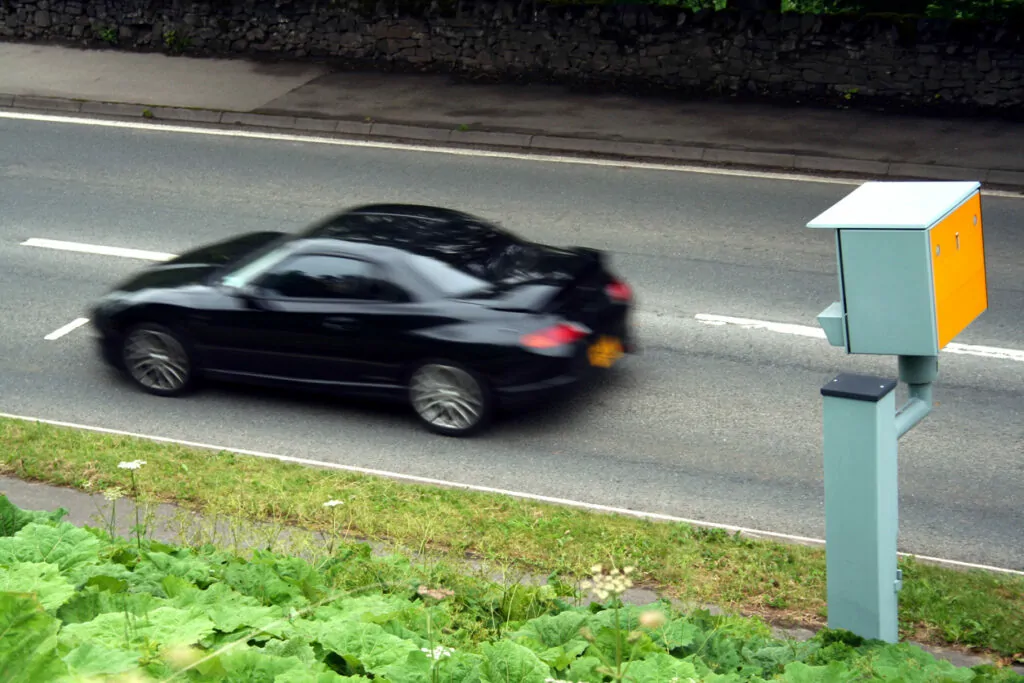The 3 month prison sentence and the fact Fiona Onasanya has not resigned as an MP appears to have caused upset in Peterborough, her constituency. Others, who have read Mr Justice Stuart Smith’s sentencing remarks may consider the sentence was actually rather harsh given his interpretation of the jury’s verdict and what she has lost. Today (31 January) we learn that this sentence has been referred to the Attorney General for review for being too lenient.
MP’s have been in the dock before regarding speeding matters. Few of us will forget the 8 month sentence imposed on Chris Huhne for a similar offence. But why are such offences treated so seriously and why do those convicted inevitably receive prison sentences?
In this digital age we rarely receive communications by post, but a Notice of Intended Prosecution (NIP) for speeding will always arrive by post. The recipient has to confirm if they were the driver when caught on camera and if they were not, who was in fact the driver. The fine may well be minimal (usually £50 if paid on time) and 3 penalty points. But, for some reason, whether it is for fear of disqualification due to the number of points on the licence or something in the psyche that means we think we can “get away with it”, some submit false details of who was driving, even though they knew they were. This is a terrible error of judgment and could be the 1st step to an immediate custodial sentence. This is because, deliberately and knowingly inserting false details on the NIP is perverting the Course of Justice and an extremely serious offence which invariably attracts an immediate custodial sentence.
When deciding on sentence for perverting the course of justice there are no sentencing guidelines, but the courts have repeatedly made it clear that only the most exceptional cases will not result in an immediate custodial sentence. This is because courts take the view that a false account of events hinders the ability of investigating authorities to properly administer justice and impedes the very system of criminal justice. Therefore, what may , on the face of it, appear to be a minor indiscretion or slight deviation from the truth when completing a NIP, the consequences are far from minor or slight.
In Ms Onasanya’s case, on detailed consideration of the evidence before him, Mr Justice Stuart Smith concluded that the prosecution had not proved beyond reasonable doubt that she knew a NIP had been sent to her or that she conspired with her brother to insert false details, but, he took the view that she perverted the course of justice when she became aware that the information on the NIP was incorrect and she did not correct the error but continued to perpetrate the falsehood. Mr Justice Stuart Smith concluded that her offending was therefore at the lower end of the scale. He also cited her powerful mitigation: she had just become an MP; she had no support, office or assistance but an inbox that was overwhelming; she had been diagnosed with a chronic illness; by her own efforts she had “risen to a great height that she intended to use not for personal advancement but for the cause of social justice”; she was “ a role model for many young black women who have been inspired by her attitude and achievements”. Yet, despite all this, he concluded that an immediate custodial sentence was the only proper sentence he could give.
When the sentencing remarks are considered in full, it may be a surprise that this was the conclusion Mr Justice Stuart Smith reached. But, he felt it was her very role as an MP and the fact she was a solicitor which meant it was even more important that she act “in accordance of the principles by which you ran your life as an individual, a solicitor and a Member of Parliament.”
It is reported that Ms Onasanya is appealing her conviction and is still an MP. Her sentence has been referred to the Attorney General as being too lenient.
Many of those accused of crimes have made a momentary error of judgment. That error could have a devastating impact on home life, career and reputation, as well as freedom. Early, sound, legal advice is always recommended.

